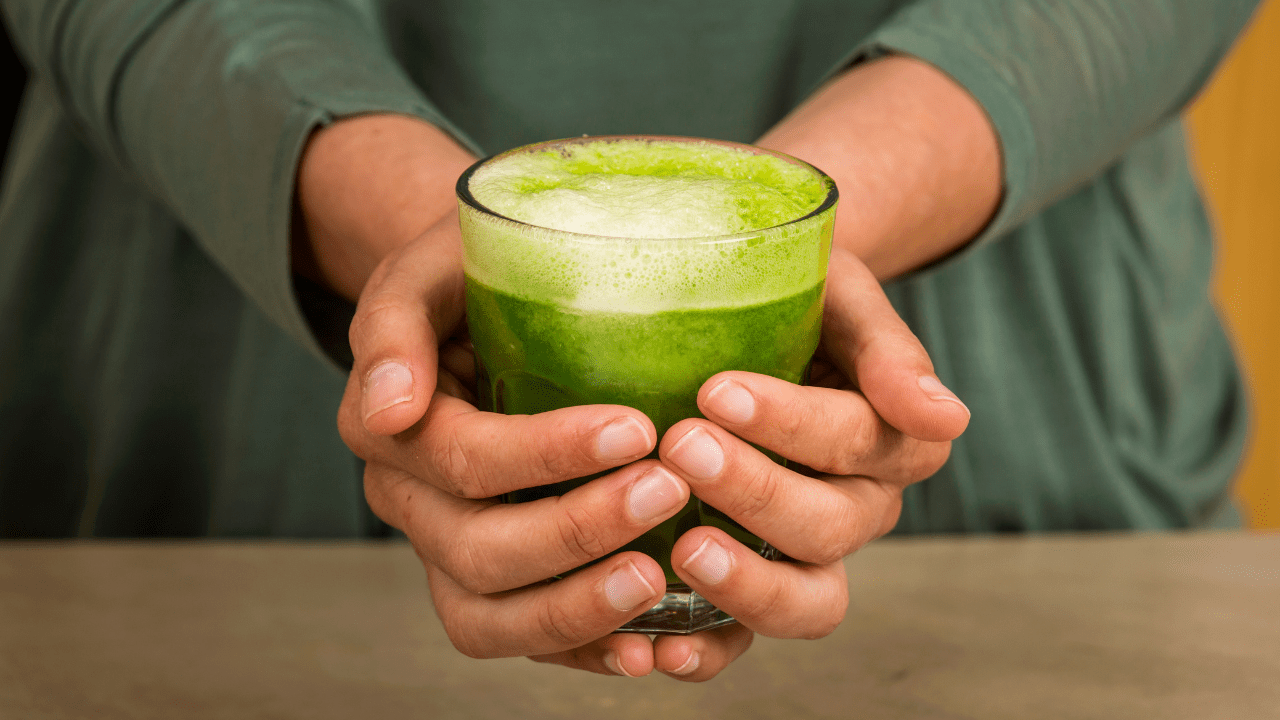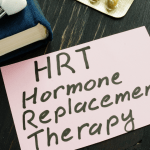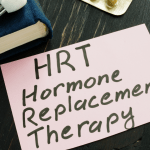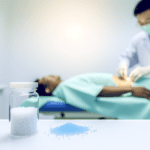Hey ladies, I often get this question – what are the non hormonal treatments for menopause? What can I do besides hormone therapy?
So, first of all I’m going to say do a detox. We have a lot of things in, on, and around our bodies, in our environment that are chemical hormone disruptors. So, if you do a detox you’re going to help get rid of some of these chemical disruptors, some of the things that maybe create the hormone imbalances. And so first, detox.
The second thing, phytoestrogens. Phytoestrogens are derived from plants and they basically are similar to estrogens in our body. And certain foods contain these phytoestrogens, estrogens, for example, flax seeds. There’s other foods as well, but to help increase the estrogen naturally, we can try phytoestrogens.
Then there’s herbs. Herbs like black cohosh, donkey chase, tree, Berry sage, red Clover and those are some of my favorites. And and you can see which one is beneficial or you know try one and if that one doesn’t work try the other one. Again, no two people are the same. So we’re going to have a different impact from different things.
Next are oils. Oils are super important to get our GLA’s, which are gamma linoleic acid to help us during this transition, flaxseed oil, sea buckthorn oil, evening primrose oil are all great oils to try.
And let’s see, diet is very important. We want to really clean up our diet during this transition. If you’ve had a great diet during your entire life, then maybe you’re you can see that you’re suffering less during menopause. If you’re you know, diet is not so great, you want to clean up and remove all the things that are toxic and inflammatory to your body. And you know so many processed foods, the simple carbohydrates, the sugars, we want to stay away from all of that and eat closer to nature, eat closer to having whole foods. Fresh foods and organic foods. So again, we stay away from the chemicals that are going to affect our hormones.
We want to have exercise during this important transition, and so exercise is our friend. Want to keep moving and it’s going to make us feel better emotionally, feel better physically, keep our bodies toned, keep the muscle tone, keep the testosterone. Elevated when we exercise, our hormones naturally stay higher. So exercise huge.

Then there is sleep, we must not forget to rest. You know our bodies are going through so much during this transition and sleep is important and sleep is one thing that is disrupted. So we want to do things that we’re going to make sure we get a good quality sleep during the transition. So that means a sleep routine when we’re going to or getting ready to go to sleep. You know the hour before, maybe stay away from the blue light, stay away from the computers and texting and really make the room a little bit dimmer. Stay away from the heavy conversation before you go to sleep. Things that are going to stay in your head and maybe just do some simple breathing practice or relaxation meditation or play some classical music or some relaxing music that’s going to help really bring you down and get ready so that the melatonin kicks in. Naturally, you know, with our circadian rhythm, melatonin levels will increase when we start to dim the lights and and do that sleep routine. So that’s really super important.








